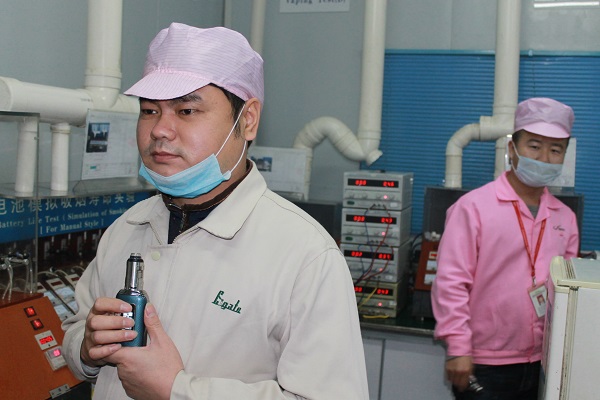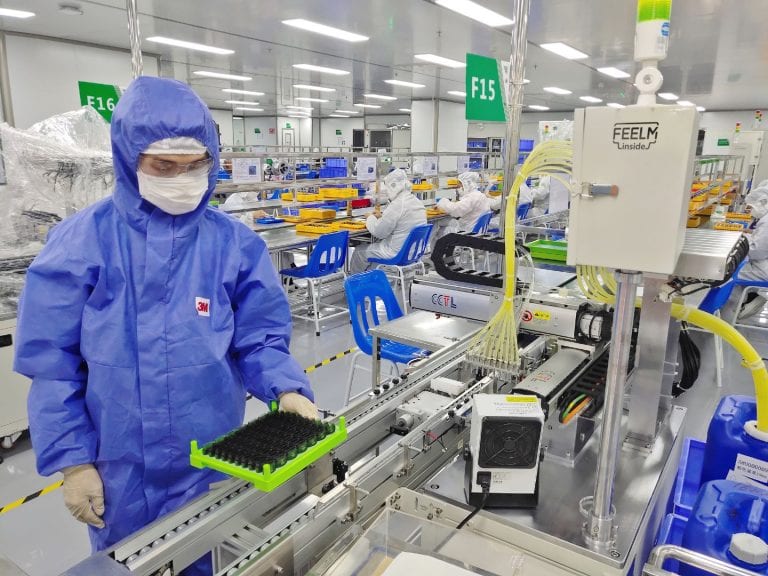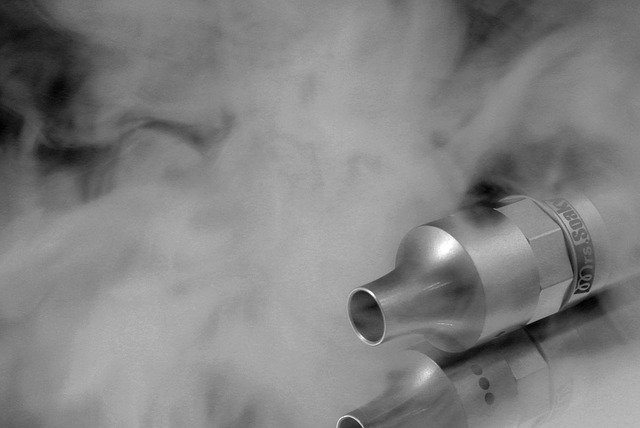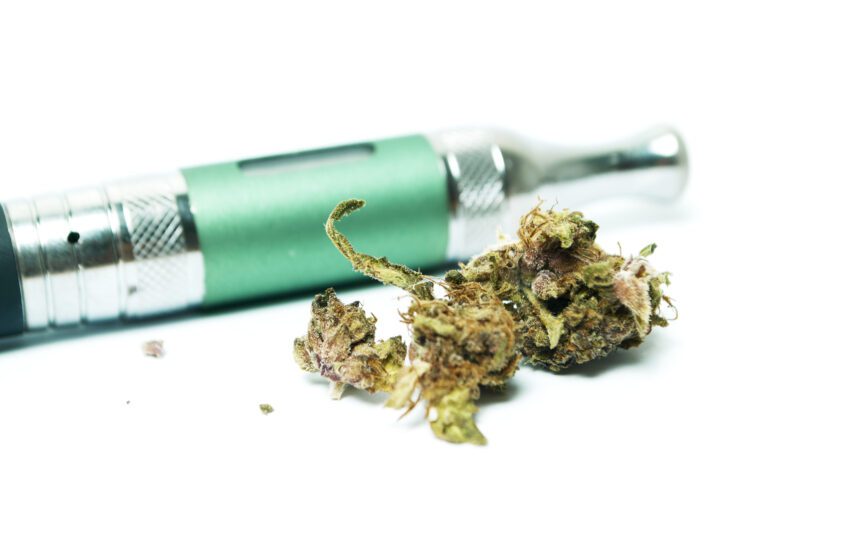VPZ, the UK’s largest retailer, has closed all its 155 nationwide stores as of Tuesday, March 24th. The company had expected the country to implement measures similar to those in other European nations by keeping vaping retailers open, however, were forced to announce the closures after the Government failed to clarify its view on vaping stores.
The company confirmed plans late on Monday evening, following the Prime Minister’s announcement, by informing all staff of its decision. Doug Mutter, director of Compliance and Manufacturing said the company was disappointed with the lack of clarification from the Government regarding where vaping retailers stand.
“Other European nations had recognised the work vaping specialists do in reducing the stress on health services and kept the local stores open,” he said in a release. “We had expected this to be the case and had begun investing in new processes in order to manage our business in such an environment. However without sufficient clarification and in the interest of keeping our staff and customers safe we have taken the decision to close all 155 stores as of Tuesday for the next three weeks.”
The firm had expected that the UK would follow the likes of Spain, Italy and Switzerland in allowing vaping retailers to remain open in an attempt to prevent smokers from moving back from vaping to smoking.
“We have been advised by both the UK Government and WHO that smoking has a hugely detrimental impact when coupled with COVID-19,” Mutter said. “We as business have a duty of care to help people protect themselves, and to ensure our staff and customers are kept safe. That is why we have so far kept all of our stores open.”
The company has pointed customers and smokers to its website where it will be operating as “business as usual” for any customer looking for vaping products, according to Mutter. “Whilst the stores being forced to close is a blow to many customers who enjoy our personalised in-store service, our online presence will be running as normal where customers can buy and get products delivered straight to their door. Staff communications was sent on Monday evening confirming the move and advising all mainline staff that they will be paid their full salary for the duration of their time off.
“We know that this is a stressful and difficult time for all our staff so rather than wait for the Government to confirm plans we have taken the decision to close all stores and went above and beyond the Government’s 80% commitment and ensure our staff are paid 100% of their salary during the three week lockdown.”











